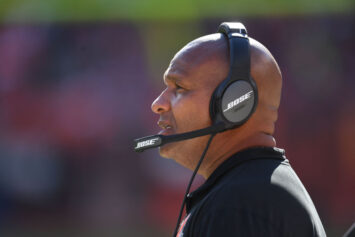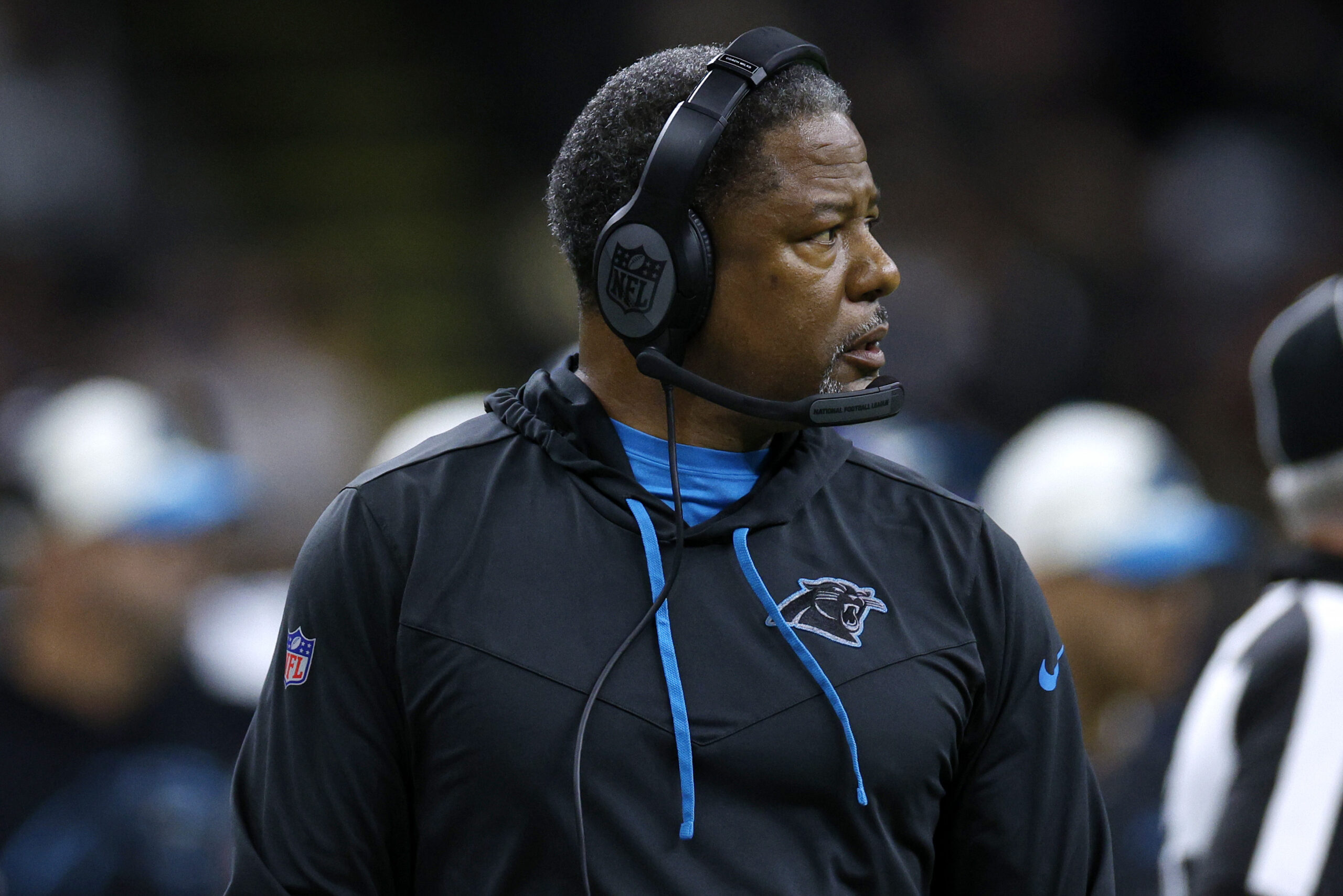We’ve been covering stories about the lack of opportunities and quick hooks for minority coaches in mens college and pro sports and the white privilege that has dominated coaching hires for years.
We have exposed the numbers and the reports and shown how even when minorities are successful if they get fired, it is very difficult to land another head coaching opportunity afterwards.
Those same disparities are found in the womens game, where its harder for Black women because they have a double-minority stigma attached. They are often the ignored group when discussing the struggles for African-Americans in acquiring high-level coaching gigs.
According to the most recent Diversity and Ethics in Sports report on college athletics by Richard Lapchick, only 11.4 percent of head coaches for womens hoops were African-American women in 2016-17. Thats 37 of the 315 jobs.
Thats a .4 percent drop from the thirty-three black women who made up 11.8 percent of head coaches in Division I women’s basketball in 2003-04, according to an NCAA report on race and gender.
They are not getting very many opportunities and its not usual for an African-American woman to get a second chance let alone a first chance, Lapchick said. Too often whats happened with African-American head coaches is if they arent successful in the first two or three years they get a shorter period to (succeed) in. Its problematic for sure.
Despite the immense progress that women have made in all aspects of sports and entertainment at the amateur and pro level, the fact remains that over a decade later, the number of African-American women coaching D-1 college programs is actually decreasing.
Look no further than this years NCAA Womens hoops tourney to see an example of the systematic racism and bias that exists in womens coaching.
Buffalo coach Felisha Legette-Jack led the Bulls to the Sweet 16 as an 11 seed this season before failing to Dawn Staley and defending-champion South Carolina.
2018 Sweet 16 – Buffalo Postgame
Buffalo head coach Felisha Legette-Jack and players Stephanie Reid and Cierra Dillard.
Ironically, Legette-Jack and Staley were two of only six black female head coaches in the 2018 NCAA Tournament. None are in the Final Four.
So once again we have a structure of power where white men — and in this case white women — dominate the leadership positions and the people of color (student-athletes and pro players and assistant coaches) who comprise a large majority of the workforce are the ones who follow the directions, take the orders and do the grunt work.
Back in the day, I covered ACC womens basketball, and my First Final Four was in San Jose, California in 1999 when Carolyn Peck led Purdue to an unexpected championship, becoming the first African-American woman to win a college basketball national championship.
In 2017, Staley became the second African-American woman to cut down the NCAA title nets.
A common theme with people of color who get head coaching jobs is that the team they inherit usually isnt that good so its very hard to win and they arent given time to build the program.
UConn head coach Geno Auriemma is the fastest coach to 1,000 wins in NCAA history and he thinks the deck is often stacked against minority coaches. Auriemmas former assistant coach Jamelle Elliott was fired at Cincinnati last week after leading the school to its best record in 15 years.
Auriemma feels part of the problem is athletic directors and school presidents are looking for the flavor of the month or whats going to make me look good in my athletic department, as opposed to trying to find someone who can actually build a program over the long haul.
A lot of kids like…Felisha get jobs they arent prepared for. Why? Because it looks good, Auriemma said. They are put in situations where they cant win. And then five years later they are fired (they) go See, I told you. Well, they had no chance right from the beginning, so nobody wants to give them a second chance.
POSTGAME: Dawn Staley, A’ja Wilson, Alexis Jennings on Buffalo – 3/24/18
Uploaded by South Carolina Gamecocks on 2018-03-24.
As we’ve found to be the case in NFL hiring, having Black head coaches and people in executive decision-making capacities is vital to developing a pipeline of qualified minority coaches.
Having so few African-American women in head coaching positions has stunted this necessary pipeline because major hoops programs tend to avoid taking chances on young minority talents and the inherent racist philosophies about their experience and ability and intelligence surface during the selection process.
Black women such as Staley, who have risen out of similar circumstances to many of the players they coach, have a better idea of how to identify the qualities of a job candidate who may have grown up in a different culture than the people doing the hiring.
In order for the number of African-American women coaching college programs to rise above the 11.4 percent, there needs to be more assistant coach candidates.
There are more African-American assistants than 10 years ago, rising from 14.2 percent in 2007-08 to 29.5 percent last year showing that there is a pipeline of talent developing and that is positive for the future of Black women coaches in college basketball.



